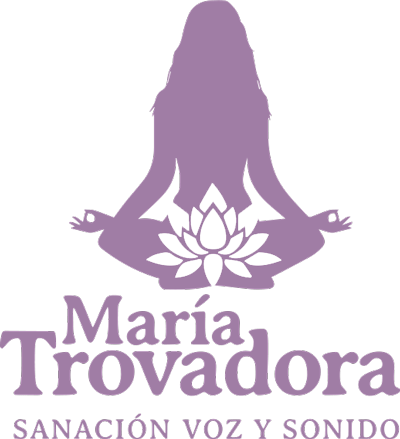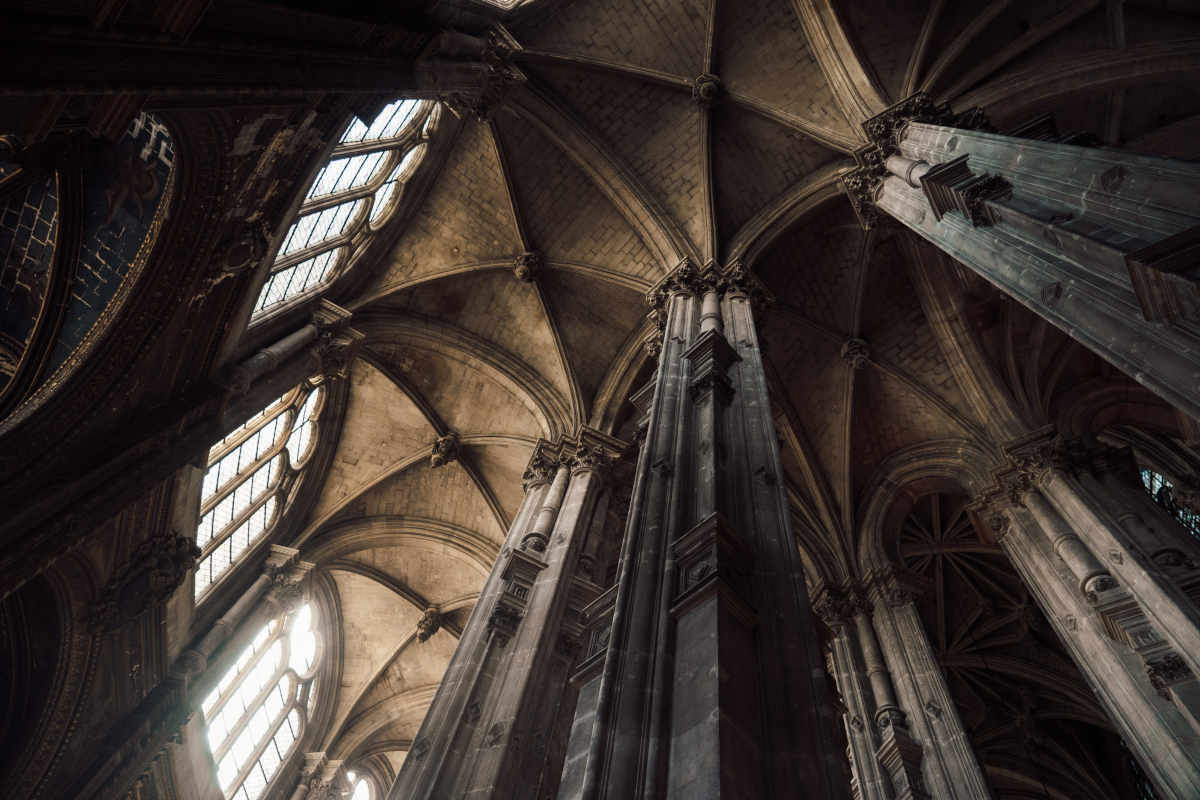Gregorian chant (also known as plainchant) is perhaps the most elaborate chant that has been made to achieve a balance between the body and the Being. When Gregory the Great (540-604) was elected pope, one of his priorities was to develop liturgical music, in order to promote a spiritual spring of the Church: He fixed the chant created by Saint Ambrose, two centuries before, in eight modes, which only included four. These modes gave rise to plain chant or Gregorian chant, this was going to facilitate devotion by increasing the concentration of thought of the faithful. With this song the spirit surrendered completely, and the most turbulent emotions and passions calmed down for a while.
Plainsong is the prayer and music of the Church, it is impersonal, it is above the weakness of a composer, it is protected against any attack or criticism, it is as solid as the Earth and as calm as hope. It is the only musical profession that is worthwhile. Plainsong is above all composers, past, present and future. It possesses at the same time all the purity, joy and luminosity necessary for the flight of the soul towards the Truth. It is therapeutic, relaxes, calms and uplifts the soul. In addition, he offers each one what he is capable of receiving.
There are many reasons to think that Gregorian chant was inspired by the music of the Druids, the religious music of the Celtic world that was still alive in Western Europe (in the British Isles, the sixth century was the time of King Arthur, Morgaine , Merlin the Enchanter and the Knights of the Round Table…). Historically we are the heirs of druidic music: through the centuries there is a permanence of civilizations that have already disappeared, but that are resurfacing again.







